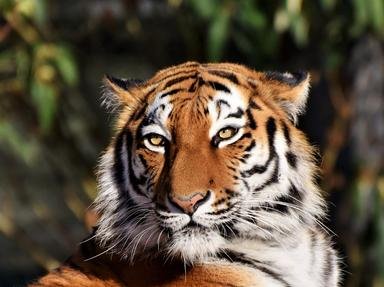Quiz Answer Key and Fun Facts
1. Bobcats and lynx can interbreed and produce fertile offspring.
2. Which of the two species can interbreed with domestic cats to produce fertile offspring?
3. Although the weights of the two species can overlap, which is usually the bigger of the two?
4. Which of the two species can purr, meow, growl, hiss, and howl?
5. Which of these is/are much longer in the lynx than the bobcat?
6. What is the primary diet of the Canadian lynx?
7. Bobcats are known for eating a variety of things. Which of the following will a bobcat NOT eat?
8. The young of both bobcats and lynx are born altricial. What does that mean? (in general)
9. Which species, lynx or bobcat, has ear tufts?
10. Bobcats and lynx have similar predators. Which of the following is LEAST likely to prey on the ADULTS of either species?
Source: Author
Trufflesss
This quiz was reviewed by FunTrivia editor
rossian before going online.
Any errors found in FunTrivia content are routinely corrected through our feedback system.

